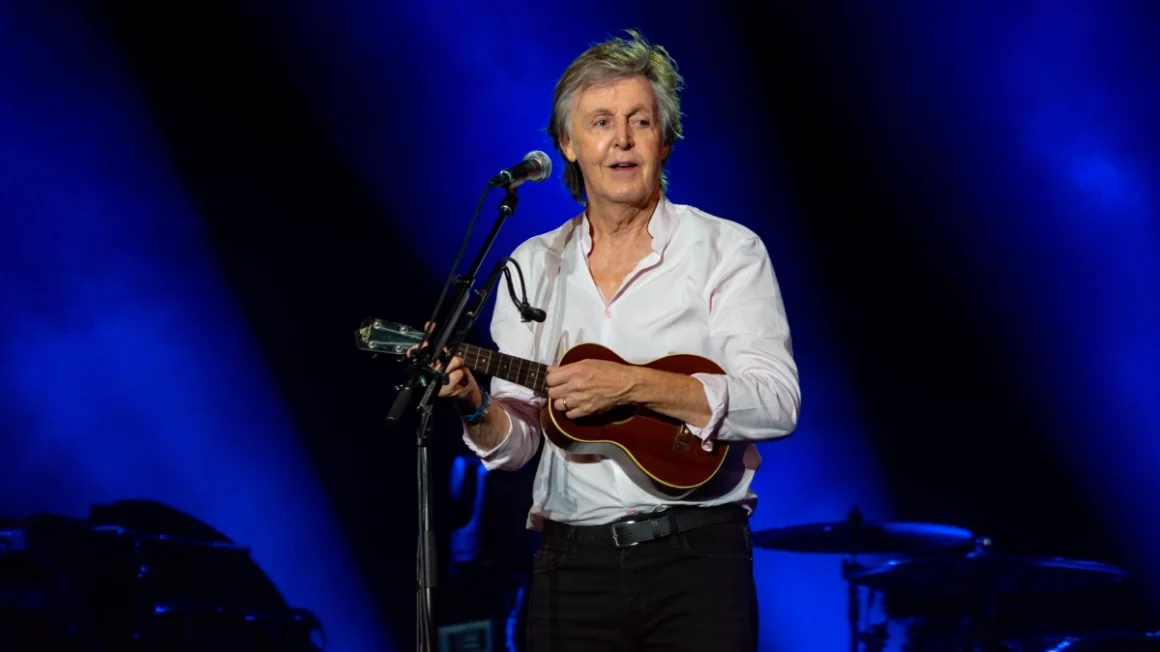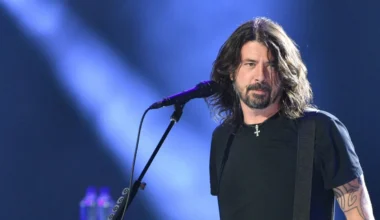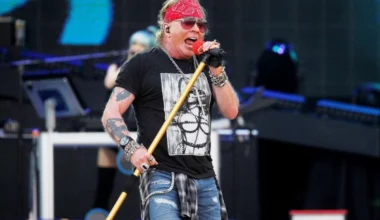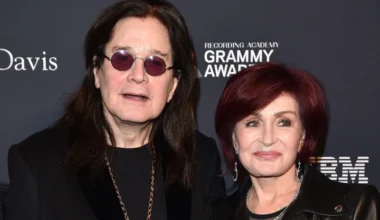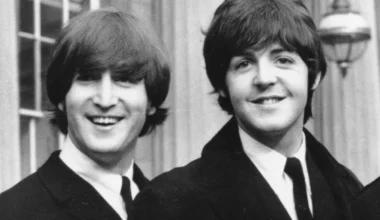A thousand lives have been lived by Paul McCartney. As a pivotal member of the world’s biggest band, McCartney’s influence extended far beyond. Transitioning into a highly successful solo career, he collaborated with numerous great musicians. His solo work showcased a talent that transcended the achievements of the Liverpudlian quartet. Even though each member of his band brought something special to the table, McCartney was unmatched in the studio for skill and flair that very few have ever possessed. But he wasn’t needed by two musicians.
One thing that may irritate many aspiring or experienced musicians is that McCartney doesn’t need a lot of time or resources to create a memorable and appealing melody, hook, or chord progression. Some compositions demand hours of meticulous assembly and analysis. However, McCartney possesses a rare talent for swift work. He often finishes entire songs within a matter of hours.
Not only is this true, but Paul McCartney has repeatedly demonstrated that he also has the exceptional capacity to compose music on the spot. Maybe it’s the ability to let go of the pressure that allows him to flourish; he makes notes of everything that could motivate or provoke certain feelings in him.
Sometimes, though, it might just be the enjoyment of seeing everything as a game. “John and I used to play this game, and I don’t think it ever took more than three or so hours to write a song,” he once explained.
In actuality, though, it probably has more to do with the singer’s innate musical inventiveness. “Anywhere can inspire a song,” he said. I used to drive Linda to her cooking assignments sometimes, and on this particular day, I took her to a photo shoot at a Kentish farmhouse. I moved aside, went upstairs, and entertained a small songwriting fantasy of my own.
McCartney prioritizes efficiency over what some consider to be exceptional musicianship. His ability to follow his gut and work quickly stems from a simple, spirited ability. It’s less about conscious productivity and more about his inherent talent. Paul McCartney doesn’t compete; he fuels his music with his inner drive. This enables him to consistently produce excellent music in short periods.
He wrote the song “Angry” with Pete Townsend and Phil Collins as an illustration of this. In their first jam session, McCartney highlighted the importance of intuition. He related it to the appeal of arrangements with a stronger funk influence, saying, “I just sort of said, ‘Just inflate it, [make it] an up-tempo rock and roll thing.'” We probably completed it in two takes. It was really simple.
He went on to explain the straightforward yet upbeat vibe of the song by saying, “It’s all on E until it changes to A, then it’s all back to E.” It takes very little time to figure that one out. It comes to an end right here and there. That is all. The main thing we had to support with that one was the spirit. Along with complimenting Townsend and Collins’ artistic abilities, he said, “You don’t need to tell them anything if you’re working with them.” They are talented musicians, so I wouldn’t dare. There are few higher praises, given the musicians McCartney has guided around the studio.
Together, they created “a good little rhythm section” that drew on each member’s unique skills in “Angry.” McCartney claims that hiring musicians like Townsend and Collins is only worthwhile because “they’ll give you their thing.” Consequently, “Angry” produced musical instincts that were based solely on intuition.

